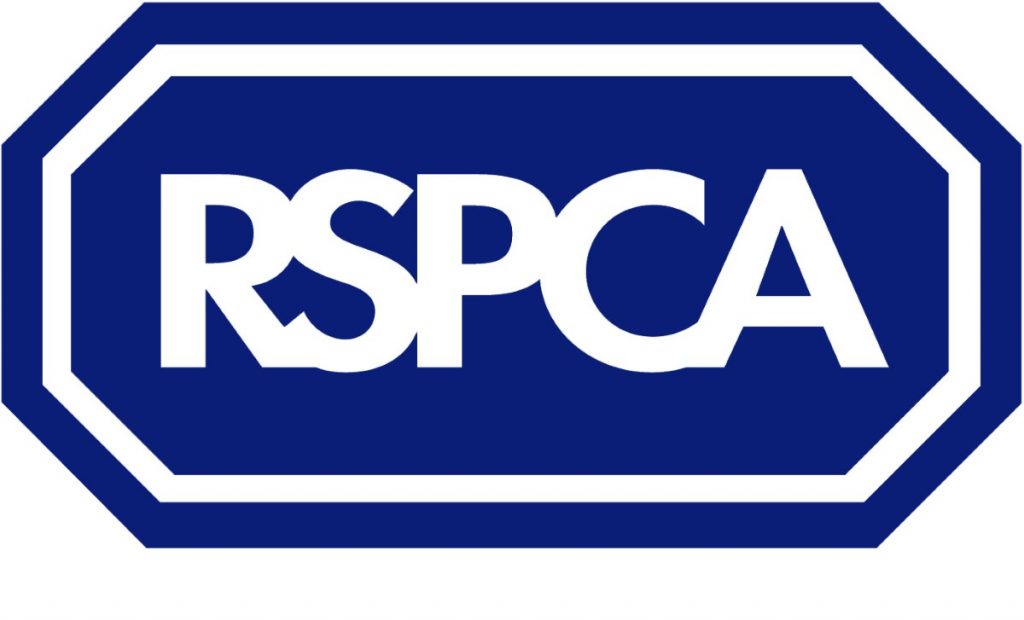RSPCA involved in rescue of a porcupine
The RSPCA was called to deal with an unusual rescue in Birmingham at the weekend – an escaped porcupine.
The adventurous rodent had managed to dig his way out of his home and ended up hiding in some undergrowth in Iris Drive, Birmingham.
The porcupine was found after a dog had gone into the bushes to investigate and came out with porcupine spikes on his body, but it was checked over and was okay following the encounter.
The dog’s owner investigated and realised that it was indeed a porcupine that had been responsible for his dog’s prickly encounter.
The dog owner called the RSPCA and Inspector Helen Smith attended.
She said: “At first I didn’t really believe it was going to be a porcupine – but as I dug in to the undergrowth with the help of others – I discovered it was indeed a porcupine!
“I’ve been working for the RSPCA for 14 years and have never had to deal with a porcupine – but luckily I had the right equipment which enabled me to catch him and put him into one of our kennels.
“It really was a very unusual rescue – but I am glad that it had a happy ending.”
Helen took the porcupine to a nearby appropriate venue for boarding where he was kept overnight while efforts were made to trace his owner.
The owner of the African Crested Porcupine has been found – and the pair since reunited.
Hannah Nott, actually looks after wild animals professionally, and the porcupine was a new addition – but had escaped due to an oversight by the builders, who had not put in the meshing to the enclosure deep enough, and the porcupine dug his way out.
The owner added that she is grateful to everyone who had helped to return the porcupine safe and well and also said she was happy to pay for the dog owner’s vet bills after it was injured.
She also emphasised that the porcupine was a specialist animal which was not recommended as a pet.
The porcupine, which is six months old, is not classed as a ‘dangerous wild animal’ and so does not require a license to be kept in the UK – but does require appropriate paperwork to be used commercially.
Exotic pets like these are incredibly specialist animals to care for and are only suitable for people who have a great deal of knowledge and the correct environment for them. They should never under any circumstances be taken on without that knowledge. As with other captive animals, it’s important to provide suitable secure enclosures to prevent escape.
To help the RSPCA carry out rescues like this text HELP to 78866 to give £3 (texts costs £3 + the one standard network rate message).
Note to editors:
Photographs are available on request – please contact the press office on 07714138222
— African crested porcupines (Hystrix cristata) are found in the wild in Italy, North African and sub-Saharan Africa. They inhabit a range of habitats and shelter in caves, crevices and self-made burrows. They live in small family units within extensive burrow systems and are active at night. They feed on plant material such as bark, roots, tubers, fallen fruit and crops although they sometimes eat insects, small vertebrates and carrion. When they feel threatened, they charge backwards to stab their ‘attacker’ with the shorter thick quills.
— Species listed on the schedule to Dangerous Wild Animals Act 1976 require a licence, issued by local authorities, to be kept. This outlines provisions relating to secure housing and, to a lesser extent, animal welfare. 'Porcupines are not listed on this schedule'
— African crested porcupines are listed on Annex A of EU CITES Regulations meaning that their trade is strictly controlled. ‘CITES’ stands for the Convention on International Trade in Endangered Species of Wild Flora and Fauna.
RSPCA, Wilberforce Way, Southwater, Horsham, West Sussex RH13 9RS
Press office direct lines: 0300 123 0244/0288 Fax: 0303 123 0099
Duty press officer (evenings and weekends) Tel 08448 222888 and ask for pager number 828825
Email: press@rspca.org.uk Website: www.rspca.org.uk
Don't treat animals like rubbish. Thousands of vulnerable animals will be abandoned this summer, many in out of the way places like bins, in skips and on wasteland simply leaving them to die. Will you help us rescue them? www.rspca.org.uk/rubbish





-01.png)